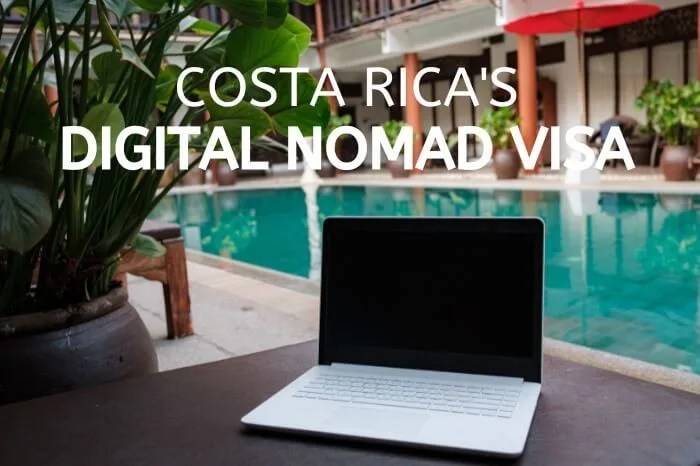Looking to live abroad long-term, but don’t qualify for a work or investor visa?
There’s a lesser-known route growing in popularity: voluntourism-based residency.
In 2025, several countries are rewarding foreign volunteers with extended stays and pathways to permanent residency—making it a smart move for remote workers, gap year travelers, and purpose-driven migrants.
Let’s explore how this works, where to apply, and what to expect.

Table of Contents
What Is Voluntourism?
Voluntourism combines volunteering and tourism. Unlike casual travel, it involves:
- Contributing to a community project (e.g., education, farming, sustainability)
- Staying for weeks or months in exchange for housing, food, or residency credits
- Often partnering with NGOs, government programs, or sustainable development orgs
In 2025, governments are increasingly recognizing this as “valuable integration”—especially in countries focused on climate action, rural development, or youth training.
5 Countries Offering Residency Benefits Through Voluntourism
1. Costa Rica
- Government partners with eco-volunteer orgs and sustainability projects.
- Volunteer for 6–12 months, then apply for Rentista or Digital Nomad Visa.
- Bonus: Some rural regions offer residency fast-tracks for long-term contributors.

2. Portugal
- Volunteering with approved community initiatives can lead to residency under Article 123 of Portuguese Immigration Law.
- Rural regions suffering depopulation often welcome foreign volunteers.
- Paths: D7, D8 (freelance/remote work), or transition to residency after a year of service.
3. Mexico
- Offers Temporary Resident Visa for long-term volunteers partnered with recognized NGOs.
- Common in environmental work and indigenous education.
- Visa can lead to permanent residency after 4 years.

4. Thailand
- Hosts global volunteers under programs like Teach Thailand or community agriculture roles.
- Volunteer Visa allows stays of 6–12 months, renewable.
- Can transition to Education or Retirement Visa, depending on age and intent.
5. South Africa
- Known for wildlife and education voluntourism.
- Offers extended visas for NGO workers.
- After multiple renewals, can apply for Relative or Work Visa based on long-term contribution.

What Types of Volunteering Count Toward Residency?
- Environmental restoration or climate adaptation
- Youth education and community training
- Healthcare outreach or elder care
- Rural revitalization and farming
- Language teaching or digital literacy
Make sure to partner with government-recognized organizations—this ensures your service is officially recorded.
Real Example: From Volunteer to Resident in Portugal
Sofia, a Canadian remote writer, joined a rural literacy project in Alentejo, Portugal. After 10 months:
- She received a letter of recommendation from the local council.
- Applied for a D7 visa with volunteer income + freelance proof.
- Was granted 2-year temporary residency, renewable toward permanent stay.

Requirements to Know
| Country | Min. Stay for Volunteer Path | Needs Local Partner? | Transition to Residency? |
|---|---|---|---|
| Costa Rica | 6–12 months | Yes | Yes (Rentista or Nomad) |
| Portugal | 12 months | Yes | Yes (via D7 or Article 123) |
| Mexico | 12 months | Yes | Yes (after 4 years) |
| Thailand | 6–12 months | Yes | Yes (Edu/Retirement Visa) |
| South Africa | Varies | Yes | Yes (NGO to Work Visa) |
FAQ

Q1: Do I get paid to volunteer?
A: Not usually. Most programs offer room, board, and local transport, but you may still need personal funds or remote income.
Q2: Can I combine remote work and volunteering?
A: Yes—many digital nomads volunteer part-time while maintaining freelance income, which can help with visa qualifications.
Q3: Is voluntourism legit for immigration?
A: When done through accredited NGOs or legal pathways, it can absolutely strengthen your residency case.
Q4: What are the risks?
A: Avoid informal or exploitative programs. Research NGOs and ensure proper documentation.
Q5: Is this a shortcut to citizenship?
A: No—but it can be a stepping stone to temporary, then permanent residency.



